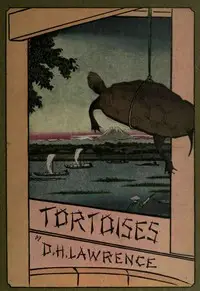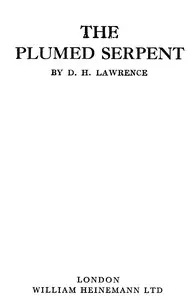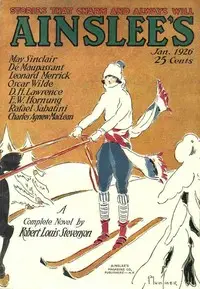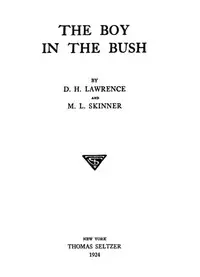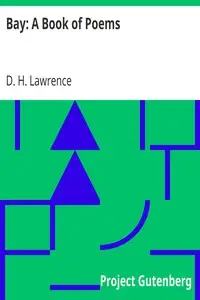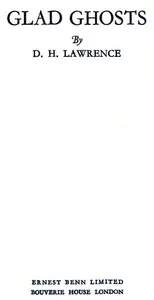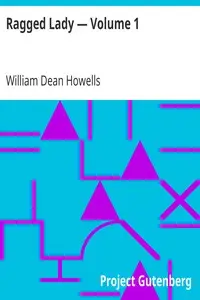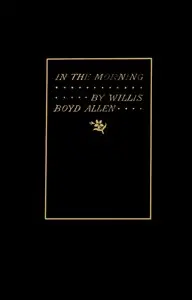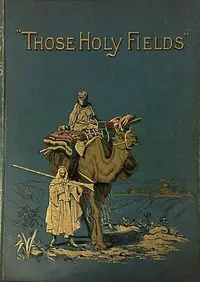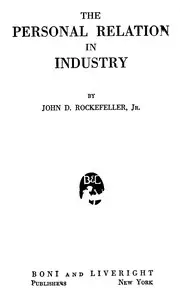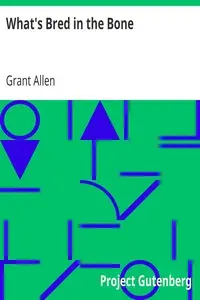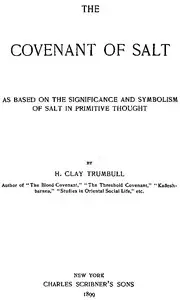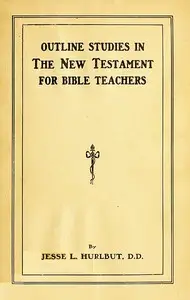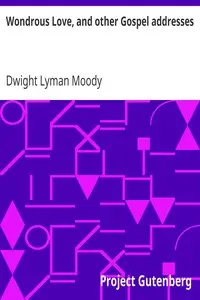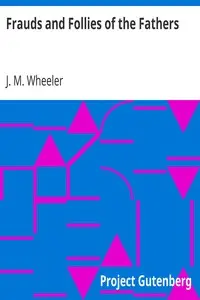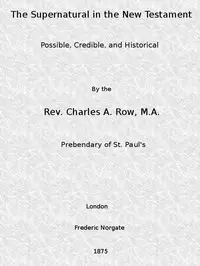"Psychoanalysis and the unconscious" by D. H. Lawrence is a philosophical treatise written in the early 20th century. This book critically examines the fields of psychoanalysis, morality, and human consciousness, exploring the intrinsic nature of the unconscious mind. Lawrence offers a unique perspective on various psychoanalytic concepts, including the Oedipus complex and repression, providing a considerable critique of how they relate to moral and human relations. In the book, Lawrence delves into the complexities of the unconscious, arguing it is not merely a site for repressed sexual impulses or monstrous desires as suggested by Freudian analysis. Instead, he posits that the unconscious serves as a vital source for individual life and creativity, emerging during the moment of conception and evolving throughout one’s existence. He emphasizes the importance of understanding the primordial nature of the unconscious and its role in shaping human behavior, relationships, and moral decisions. By situating the unconscious as a dynamic, creative entity within each individual, Lawrence invites readers to reconsider the implications of psychoanalysis on self-awareness and morality, advocating for a deeper exploration of the true essence of human connections and individuality. (This is an automatically generated summary.)
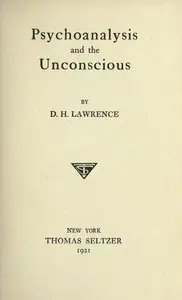
Psychoanalysis and the unconscious
By D. H. (David Herbert) Lawrence
"Psychoanalysis and the unconscious" by D. H. Lawrence is a philosophical treatise written in the early 20th century. This book critically examines th...
Genres
Released
2022-10-24
Formats
epub (images)
epub
epub3 (images)
mobi (images)
Free Download
Overview
About the Author
David Herbert Lawrence was an English novelist, short story writer, poet, playwright, literary critic, travel writer, essayist, and painter. His modernist works reflect on modernity, social alienation and industrialization, while championing sexuality, vitality and instinct. Four of his most famous novels — Sons and Lovers (1913), The Rainbow (1915), Women in Love (1920), and Lady Chatterley's Lover (1928)— were the subject of censorship trials for their radical portrayals of romance, sexuality and use of explicit language.
Total Reviews
10.0k
Total reviews from Goodreads may change

